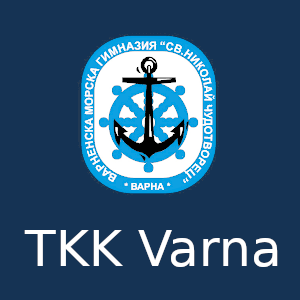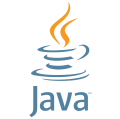


The master in data science was one year of intense studying with a total of 180 credits. The course contained four core modules: Statistics and Statistical Data Mining; Machine Learning; Data Programming in Python; Big Data Analysis; Two compulsory modules: Data Visualization; Data Science Research Topics; And four optional modules: R for Data Science; Blockchain Programming; Financial Data Modeling; Financial Markets; The master final project was focused on the implementation of a Kalman filter-based pairs trading.

The degree of business and organizational psychology explore subjects such as: Psychological statistics and analysis; Business and marketing; Individual and group motivation and engagement; Research development; Leadership; The program was designed to boost skills including critical thinking and report writing, plus elementary to advanced research skills. The final-year research dissertation gives me an opportunity to gain insight into conducting cutting-edge research under the guidance of a supervisor. The research question was focused on assessing experiential engagement to gain insides of online users behavior.

Varna Navy School "Sv. Nikolai Chudotvorec" had shaped my character and relentless spirit to be inquisitive and gain technical skills in navigation and shipbuilding. Experiencing the harshness of the sea and how important teamwork is overseas. The school had forged my discipline and craft to excel and make a difference in any environment.

The course contained 490 lectures and 65.5 hours of videos to deliver a full-stack web development. The course cover a massive amount of tools and technologies, including: Front-End Web Development; HTML 5; CSS 3; Bootstrap 4; Javascript ES6; DOM Manipulation; jQuery; Bash Command Line; Git, GitHub and Version Control; Backend Web Development; Node.js; NPM; Express.js; EJS; REST; APIs; Databases; SQL; MongoDB; Mongoose; Authentication; Firebase; React.js; React Hooks; Web Design; Deployment with GitHub Pages, Heroku and MongoDB Atlas; Web3 Development on the Internet Computer; Blockchain technology; Token contract development; NFT minting.

This course guides through Python for finance and algorithmic trading. It covers the following topics used by financial professionals: Python Fundamentals; NumPy for High Speed Numerical Processing; Pandas for Efficient Data Analysis; Matplotlib for Data Visualization; Using pandas-datareader and Quandl for data ingestion; Pandas Time Series Analysis Techniques; Stock Returns Analysis; Cumulative Daily Returns; Volatility and Securities Risk; Statsmodels; ETS (Error-Trend-Seasonality); ARIMA; Autocorrelation and Partial Autocorrelation Plots; Sharpe Ratio; Portfolio Allocation Optimization; Efficient Frontier and Markowitz Optimization; Types of Funds; Order Books; Short Selling; Capital Asset Pricing Model; Stock Splits and Dividends; Efficient Market Hypothesis; Algorithmic Trading with Quantopian; Futures Trading.

This course focuses on core data structures of the Python programming language. It moves past the basics of procedural programming and explores how to use the Python built-in data structures such as lists, dictionaries, and tuples to perform increasingly complex data analysis and implementations.

This course provides all SQL skills needed to extract critical insight from data sitting in a database. There are over 100 puzzles scattered throughout the course with in-depth solutions. The course moves step by step into more advanced topics to delve into the world of advanced querying techniques using subqueries, aggregations, joins, rollups and cubes, window functions, transposing & ranking data and using conditional expressions etc.
You're looking for a solid partner for a data driven project having in your mind. Connect with me to make your work easier. Just leave a message to get in touch.
